
Two shows begin October 1 and October 2. Details at Far. And Near. [Click for LARGER images.]
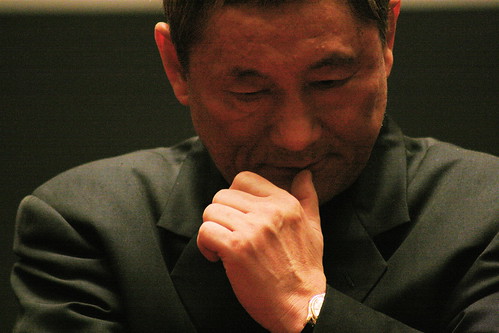
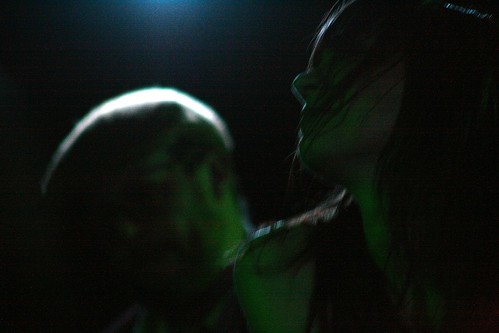
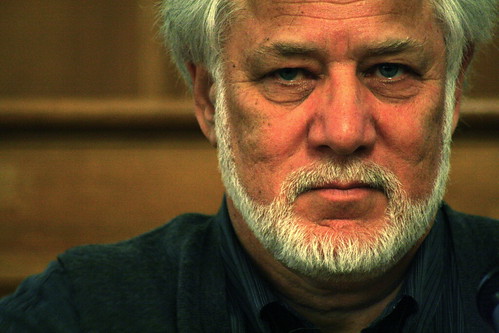



 Here's one among the dozens and dozens of links blogged about this today after an article in The New York Times... The June 1 issue of the New Yorker was drawn with Brushes, a $4.99 iPhone application, by Jorge Colombo. Details at The New Yorker, which announces Colombo will do one each week for their website.
Here's one among the dozens and dozens of links blogged about this today after an article in The New York Times... The June 1 issue of the New Yorker was drawn with Brushes, a $4.99 iPhone application, by Jorge Colombo. Details at The New Yorker, which announces Colombo will do one each week for their website.
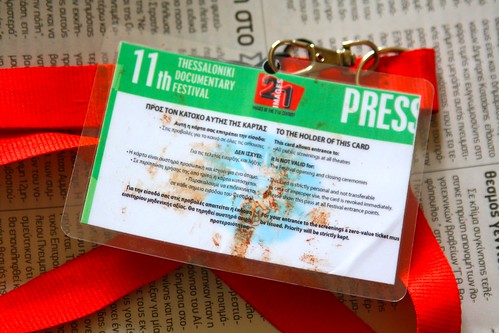
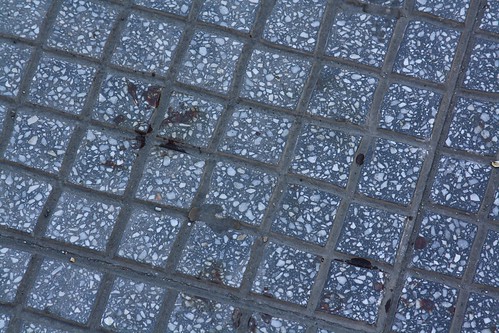
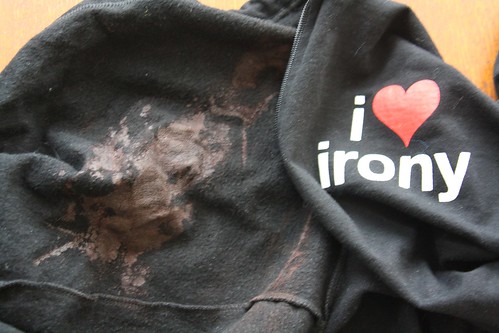


 in the digital age, whatever fate that is. Still, more than other magazines and newspapers, the Voice was doing what the internet does now long before there was an internet. The Voice was the blogosphere... and Craigslist fifty years before their time. The Voice also helped to create the romance of the journalistic vocation by making journalism seem a calling, a means of self-expression, a creative medium. It opened up an insecure and defensively self-important profession. Until its own success made it irresistable to buyers who imagined that they could do better with a busisnes paln than its founders had done from desperation and instinct, it had the courage to live by its wits." While the article does not mention the present straits of its current owner, nor its New Years Eve firing of 50-year-veteran Nat Hentoff, the fairly banal summation graf has the backhanded felicity of only implying the sad situation of many journalistic institutions today, bled or wracked by buccaneers enabled by bankers who haven't an ounce of ink in their veins.
in the digital age, whatever fate that is. Still, more than other magazines and newspapers, the Voice was doing what the internet does now long before there was an internet. The Voice was the blogosphere... and Craigslist fifty years before their time. The Voice also helped to create the romance of the journalistic vocation by making journalism seem a calling, a means of self-expression, a creative medium. It opened up an insecure and defensively self-important profession. Until its own success made it irresistable to buyers who imagined that they could do better with a busisnes paln than its founders had done from desperation and instinct, it had the courage to live by its wits." While the article does not mention the present straits of its current owner, nor its New Years Eve firing of 50-year-veteran Nat Hentoff, the fairly banal summation graf has the backhanded felicity of only implying the sad situation of many journalistic institutions today, bled or wracked by buccaneers enabled by bankers who haven't an ounce of ink in their veins.
 The following: Humans fragment into tighter, more selfish bands. Big institutions, because they operate on longer time-scales and require structures of social trust, don't cohere. There isn't time for them. Long term projects are abandoned—their payoffs are too remote. Global projects are abandoned—not enough trust to make them work. Resources that are already scarce will be rapidly exhausted as everybody tries to grab the last precious bits. Any kind of social or global mobility is seen as a threat and harshly resisted. Freeloaders and brigands and pirates and cheats will take control. Survivalism rules. Might will be right. This is a dark thought, but one to keep an eye on. Feelings are more dangerous than ideas, because they aren't susceptible to rational evaluation. They grow quietly, spreading underground, and erupt suddenly, all over the place. They can take hold quickly and run out of control ('FIRE!') and by their nature tend to be self-fueling. If our world becomes gripped by this particular feeling, everything it presupposes could soon become true." [Other respondents include Stewart Brand, Verena Huber-Dyson, Kevin Kelly, Terence Koh, Kai Krause, Ian McEwan, P.Z. Myers, Monica Narula, Hans Ulrich Obrist, Howard Rheingold, Douglas Rushkoff, Karl Sabbagh, and Nassim Nicholas Taleb.]
The following: Humans fragment into tighter, more selfish bands. Big institutions, because they operate on longer time-scales and require structures of social trust, don't cohere. There isn't time for them. Long term projects are abandoned—their payoffs are too remote. Global projects are abandoned—not enough trust to make them work. Resources that are already scarce will be rapidly exhausted as everybody tries to grab the last precious bits. Any kind of social or global mobility is seen as a threat and harshly resisted. Freeloaders and brigands and pirates and cheats will take control. Survivalism rules. Might will be right. This is a dark thought, but one to keep an eye on. Feelings are more dangerous than ideas, because they aren't susceptible to rational evaluation. They grow quietly, spreading underground, and erupt suddenly, all over the place. They can take hold quickly and run out of control ('FIRE!') and by their nature tend to be self-fueling. If our world becomes gripped by this particular feeling, everything it presupposes could soon become true." [Other respondents include Stewart Brand, Verena Huber-Dyson, Kevin Kelly, Terence Koh, Kai Krause, Ian McEwan, P.Z. Myers, Monica Narula, Hans Ulrich Obrist, Howard Rheingold, Douglas Rushkoff, Karl Sabbagh, and Nassim Nicholas Taleb.]